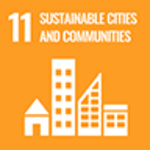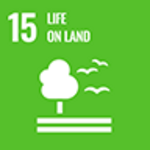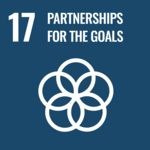
In 2018, a lot of forests were lost in the Hokkaido Iburi Eastern Earthquake. We want to regenerate the collapsed area of the forest at Hayakita Children's Garden, which was used as a playground for local children, and connect it to small-scale reconstruction. In response to a call from the Hayakita Children's Playground Creation Network, "forest regeneration making maximum use of local resources" began with the cooperation of not only local residents but also reconstruction support volunteers from all over the country. Fallen trees and branches caused by the earthquake, seedlings grown from seedlings and seeds left in the forest, natural material mats to capture seeds that have flown in, and work roads opened by horses working in the area were all used for greening. Research five years after the earthquake found that planting seedlings and natural material mats contribute to creating forests with high functional diversity. The regenerating forest will continue to change. Hokkaido University will continue to support small-scale reconstruction in the region by observing the changing forests, scientifically verifying greening and forest regeneration technologies, and conducting SDGs practical training for various age groups.
【reaserch result】
- Research results (paper published in 2024)
- Research results (paper published in 2023)
- Research results (papers published in 2021)
- Research Results (Japan Society of Revegetation Technology Excellent Presentation Award)
[Project core members]
- Laboratory of Ecosystem Management Research Faculty of Agriculture Hokkaido University
- Hayakita Children's Garden
- NPO Hayakita Children's Playground Network
- NPO Iburi Nature School






















